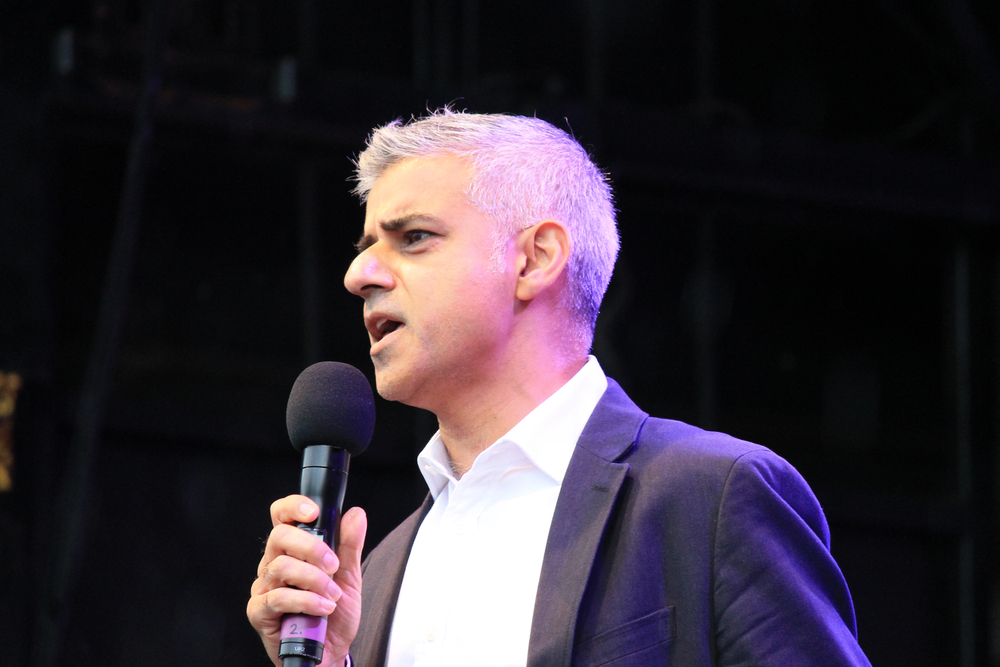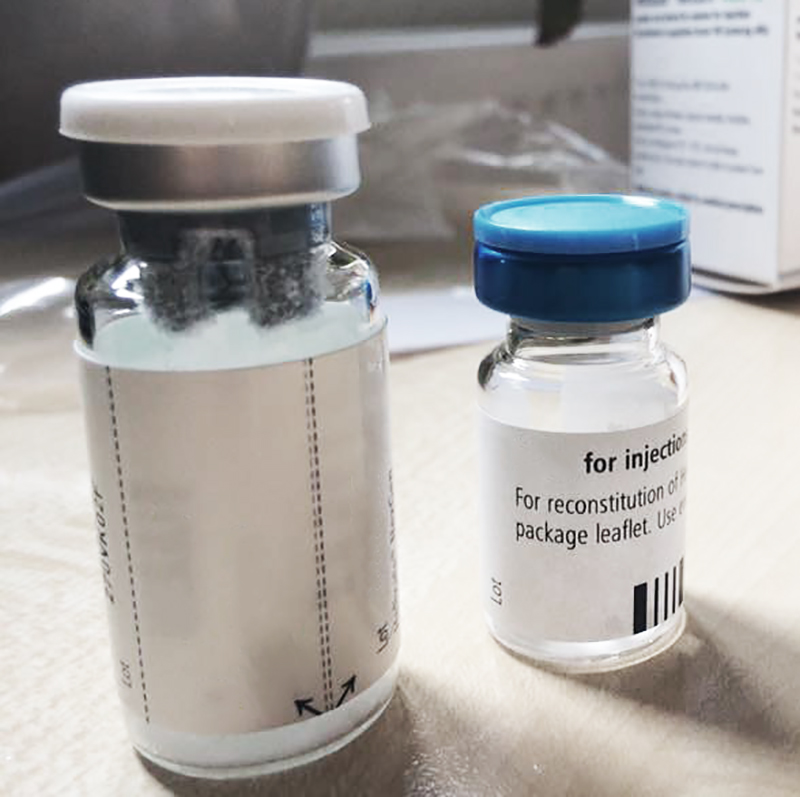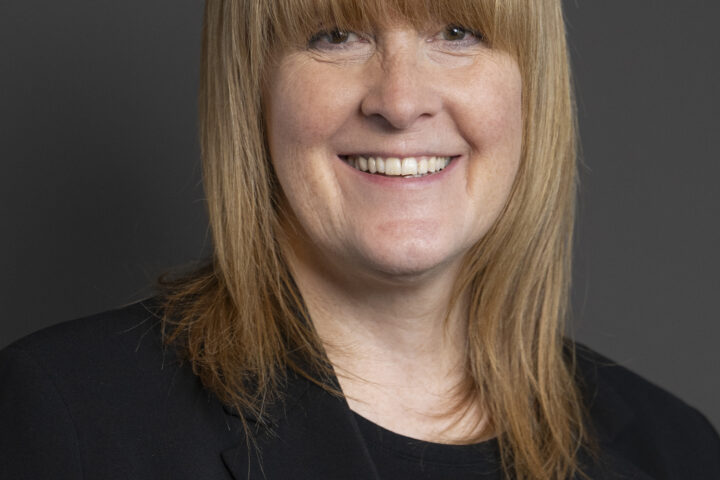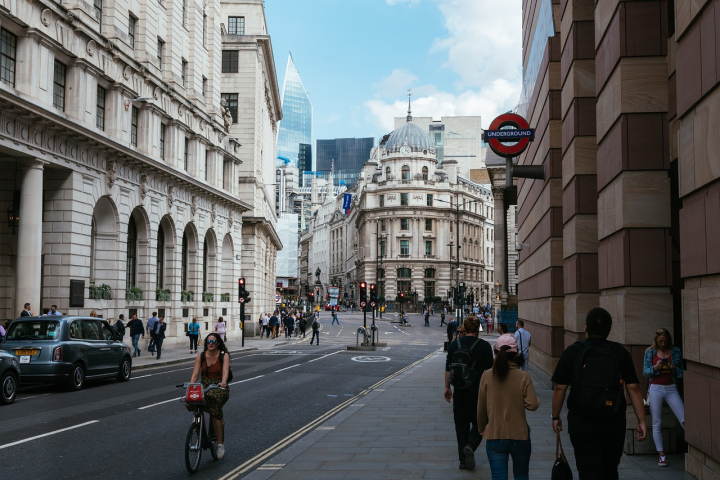London Mayor Sadiq Khan has announced the upcoming closure of the ULEZ (Ultra Low Emissions Zone) scrappage scheme, set to end next month. The program, which aims to help drivers replace non-compliant, polluting vehicles with greener alternatives, has already supported 54,000 applicants since its inception.
The scheme’s closure comes after the controversial expansion of ULEZ to more areas in Greater London earlier this year, just before Khan’s re-election. The deadline for new applications is set for 23:59 on September 7, with Transport for London (TfL) guaranteeing the processing of all applications submitted before that time.
In addition to the scrappage scheme, Khan has revealed plans to donate non-compliant vehicles to British Ukrainian aid, continuing the support for Ukraine that has already seen over 330 vehicles sent to the war-torn country.
The ULEZ initiative has been met with mixed reactions, with some London drivers expressing frustration and even resorting to vandalism of ULEZ cameras. Despite the controversy, the expansion has significantly impacted air quality, with City Hall reporting a reduction in nitric oxide emissions equivalent to removing 200,000 cars from the roads. Nitrogen dioxide levels in outer London have decreased by 20% since the scheme’s expansion.
To date, more than £186 million has been distributed to 54,000 applicants, including over £60 million to those in the central and inner London ULEZ regions. The scheme has seen compliance levels soar, with over 96% of vehicles now meeting ULEZ standards.
Within the scrappage scheme, 36,008 Londoners received grants totaling £69.5 million to scrap non-compliant cars or motorcycles, while 17,936 applications for vans and minibuses were approved, amounting to £116.6 million in grants. Additionally, the scheme has supported 232 charities and 17,704 small and medium-sized enterprises (SMEs), with grants totaling £116.6 million.
Mayor Khan expressed pride in the success of the scheme, noting that ULEZ compliance has reached over 96%, significantly improving air quality for millions of Londoners. He also highlighted plans to continue vehicle donations to Ukraine following the scheme’s closure.
Christina Calderato, TfL’s director of strategy, emphasized the positive impact of the expanded ULEZ on air quality, noting that more than five million Londoners are now breathing cleaner air. She credited the scrappage scheme for the high compliance rate and the significant reduction in harmful nitrogen dioxide levels.
Oliver Lord, head of strategy and UK at Clean Cities, praised the ULEZ scrappage scheme as a crucial support for many Londoners. However, he urged continued support for small businesses transitioning to electric vehicles, warning that the removal of the electric van grant could send the wrong message.
Critics of the scheme, including Tory spokesperson Keith Prince AM, argue that the scrappage program has failed to address the needs of low-income Londoners who own non-compliant vehicles on finance. Prince highlighted concerns that these individuals could be left in negative equity, forcing them to pay the daily ULEZ charge of £12.50 with no viable alternative.







